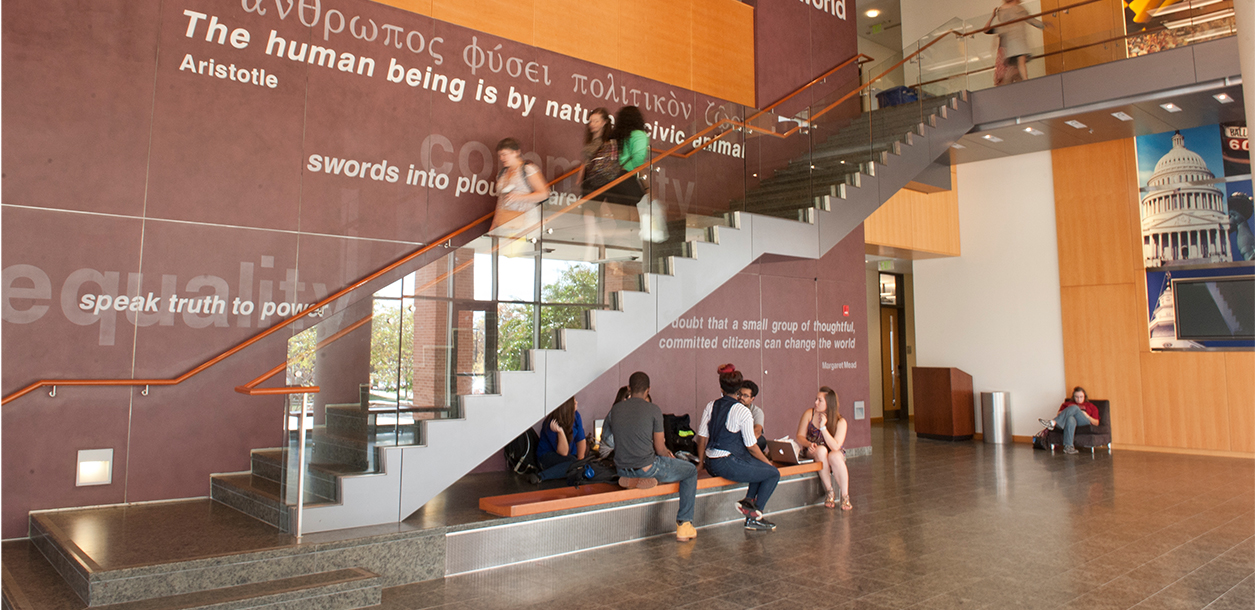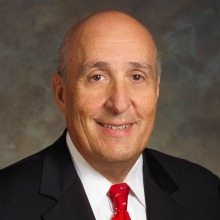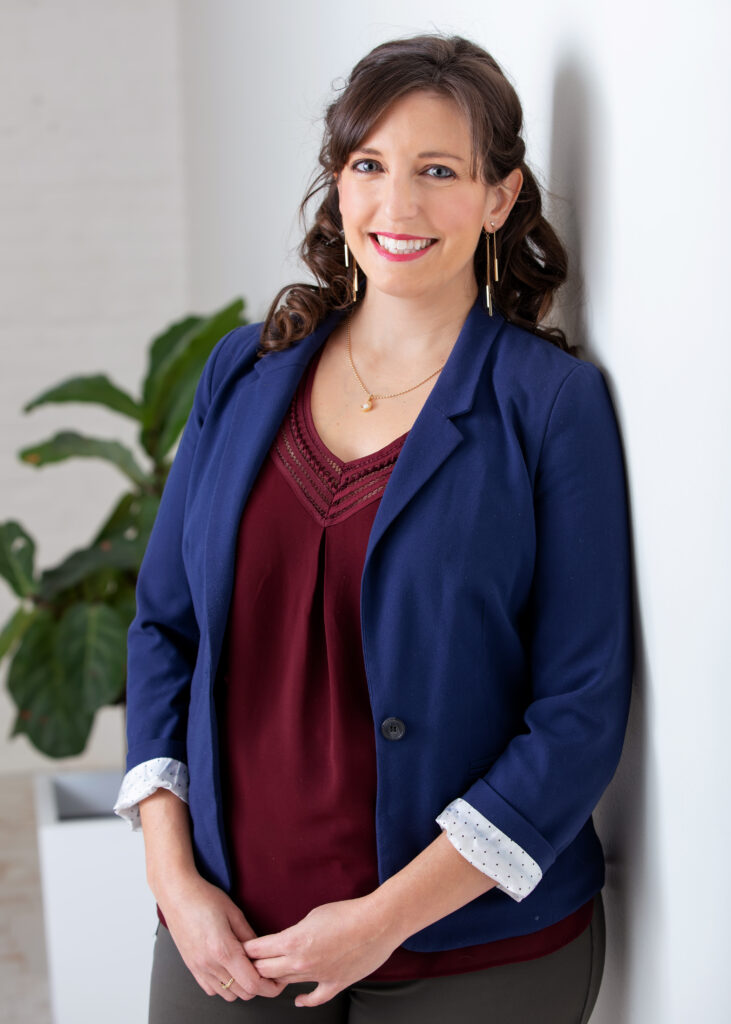At 43-years-old Renny DiPentima had two decades of experience at the Social Security Administration (SSA) when he enrolled in UMBC’s new public policy doctoral program in the late 1970s. He had just earned a master’s degree in public policy from George Washington University, 16 years after graduating from NYU. DiPentima commuted to UMBC two nights a week for five years, and in 1984, DiPentima became the first graduate of UMBC’s public policy doctoral program.
“I have a great deal of gratitude for UMBC,” shares DiPentima. “I felt a real connection to the school before and after graduating.”
DiPentima rose to deputy commissioner of systems and chief information officer during his 32-year career at SSA before transitioning to the private sector where he currently dedicates his time. In 2019, he pledged $100,000 to create the Renny DiPentima Fund for Advancement in Public Policy.
In addition to making annual payments on his pledge, DiPentima is providing current use gifts so that students can benefit from the award now—including much needed assistance for projects that have required to adapt to COVID-19 restrictions. The Renny DiPentima Fund supports doctoral student success at UMBC through grants of up to $1,500 for educational and research expenses related to their dissertation.
Rudy de Leon Dinglas ’23, Stephanie Blaher ’22, Nate Pritchard ’21, and Jeevan Raj Lohani ’25 are the first recipients of the fund. As current Ph.D. students in the public policy program, these awardees—like DiPentima—are using their public policy careers to develop the framework necessary to inform transformative, inclusive, just, and sustainable policies that will engage communities and policy makers.
There is a story behind every number
“In my first job as an analyst for Domino Sugar,” remembers Rudy de Leon Dinglas, “I learned the power of data to understand a greater story.” These skills prepared him to manage and analyze data for Baltimore City. His work advised the implementation of the Baltimore City Bike Share; the Safe Route to Schools; and the Mobile Integrated Health—Community Paramedicine programs.
As an immigrant from the Philippines, de Leon Dinglas is proud to give back to the city where he grew up and is now excited to be part of the next generation of public policy leaders. UMBC’s new diverse faculty excites him. “It’s refreshing to have more representation and be able to finally experience diversity, in an academic setting, for myself,” he explains.
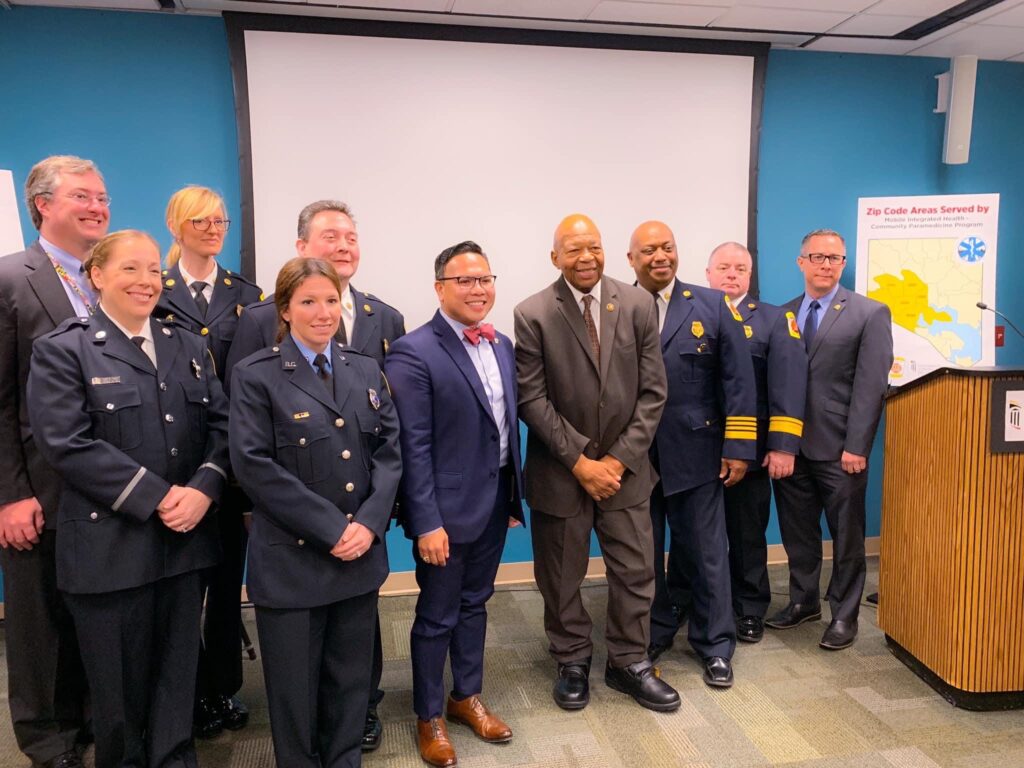
The DiPentima Scholarship helped with tuition costs allowing de Leon Dinglas to focus on his research and his work at the Johns Hopkins Center for Government Excellence where he supports mayors and local and state administrators utilize data. “Becoming a subject matter expert in public management will extend the reach and quality of my work,” he shares.
Why women leave STEM majors
Stephanie Blaher earned her bachelor’s and master’s degrees in history but she began her education as a STEM major. Now, as a third year doctoral student, Blaher is researching the factors that contribute to women leaving STEM fields.
“Sometimes women realize a career in STEM is not for them or it doesn’t meet their expectations,” Blaher says. Structural, organizational, and social hurdles can also influence their decision. Sexism and lack of mentoring matter, she notes.
Blaher was expecting to begin in-person interviews for her research in fall 2020. Due to COVID, her interviews became virtual and she had to submit an IRB amendment. “My timeline shifted, access to students changed, and my questions altered,” explains Blaher.
The DiPentima Scholarship helped to fund additional participants. “Broadening my participant pool will increase the depth and quality of my research and improve the outcomes,” explains Blaher, who is a collegiate associate professor at the University of Maryland Global Campus. After graduation, she wants to continue teaching first-year courses to ensure all students succeed in a major of their choice.
Understanding affordable housing today
When Nate Pritchard visited UMBC for a doctoral program interview in urban policy, he felt welcomed as an older and non-traditional disabled student. “It’s that intangible feeling that makes you feel at home,” shares Pritchard. That feeling continues.
One notable class discussion would become the driving force behind Pritchard’s research. Pritchard was struck that affordable housing “is not just a function of money but more building materials, labor, and building units available.” He decided to research the long term self-sufficiency of rental assistance recipients. However, the present data was 12 to 15 years old. Pritchard needed to evaluate current data to identify the barriers limiting the program from helping more people faster.
The U.S. Department of Housing and Urban Development (HUD) granted Pritchard access to highly restricted data on the condition that he have a secure location to view it from. His dissertation chair, Pamela Bennett, associate professor of public policy, helped him find a private room on campus. “I felt honored for the opportunity and to have Dr. Bennett’s support,” shares Pritchard.
Unfortunately, COVID restrictions denied him access to campus. With Bennett’s guidance, Pritchard used publicly available HUD data. The new data lacked specificity so he had to focus on general questions.These unforeseeable changes extended his research and graduation date for another year, so the additional funding was invaluable, he says.
“Dr. DiPentima’s generous assistance helped me in my present circumstances, more than he can ever know,” shares Pritchard. He plans to teach in academia and return to his original research when restrictions are lifted.
A purpose-driven life
Jeevan Raj Lohani had spent a decade as a freelance global development consultant in East Africa and South Asia before joining UMBC’s public policy doctoral program. UMBC presented Lohani with the opportunity to combine program evaluation with his background in economics.
“Coming to UMBC was a calculative decision for my career,” says Lohani. He hopes his research will contribute to improving economic policies that address human needs, like labor migration, worldwide. Nepal is one of the poorest developing countries in the world, Lohani, who is Nepali, explains. Jobs are scarce, forcing Nepali workers to migrate to neighboring countries for work. “I want to investigate if migrant laborers, upon their return to Nepal, contribute to the economy by engaging in entrepreneurship,” says Lohani.
But for Lohani, informing policy makers with the resources to implement long term economic policy is one part of a greater whole. His end goal isn’t the expertise per se, but to use what he learns as one part of a much larger life mission to impact people with needs all over the world.
The DiPentima Scholarship provided the financial support Lohani needed between the end of his assistantship and the beginning of a job with the Maryland Department of Health.
The privilege of giving
DiPentima remembers that after graduating from NYU, he planned to gain some experience before moving on to the private sector. What he found in the public sector was a rewarding career with great responsibility to develop policy that would improve the lives of Americans on a daily basis. DiPentima saw the need to help broaden the research and the researchers in the field to meet the rapidly evolving needs of the United States and the world at large.
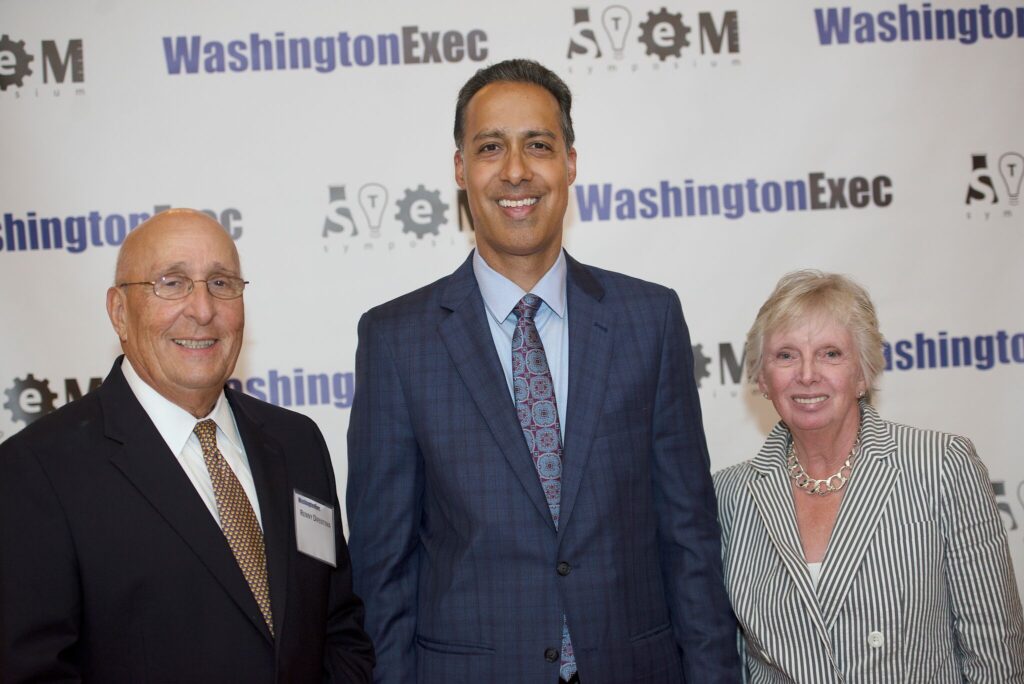
However, he knew that there were barriers to graduation. Sacrifices had to be made in time away from family; balancing a job and research; as well as the financial investments that have to be made to earn a Ph.D.
As the first alum of UMBC’s public policy doctoral program, DiPentima feels privileged to give a boost to students so they can complete their research and graduate. He encourages his fellow alums to do the same through scholarship and mentorship.
“Public service is a way to contribute to your country,” shares DiPentima. “It’s about being part of something bigger than yourself.”
*****
Header imager: Students walk down the staircase inside the Public Policy building in 2017. Photo by Marlayna Demond ’11.
Tags: giving, Public Policy, scholarships

